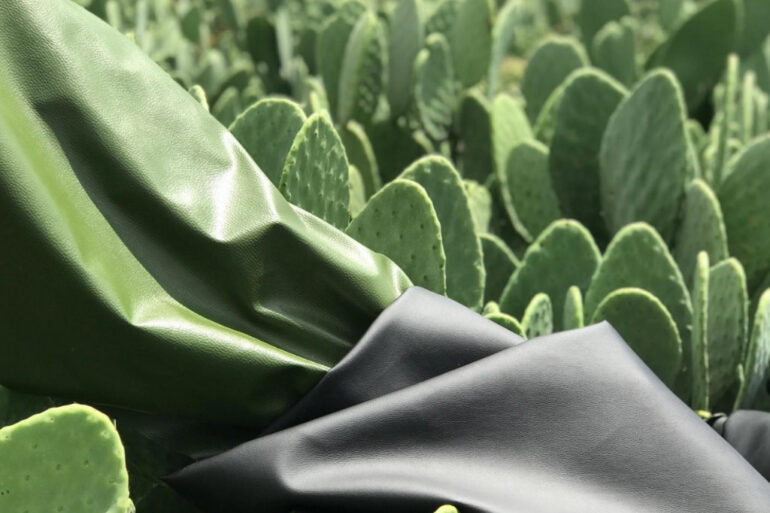
Plant-based Leather Has Rising
To this day, leather is one of the brand’s most coveted and standard materials in fashion. We can tell from some of the most coveted luxury brands in the world from Herms Birkin to Chanel 2.55. Leather shoes, like almost all men’s shoes from Salvatore Ferragamo, are also a status symbol. Leather has long had a place in the fashion fabric, but as companies seek to provide more animal product alternatives, leather alternatives are on the rise.
Mycelium, or mushroom skin, is one of the most popular animal skin alternatives on the rise. Companies, such as MycoWorks, have made mushroom leather so popular, that Hermès adopted mushroom leather for their classic Victorian travel bag.
Other brands also use plan-based leather. Stella McCartney, whose entire brand ethos is completely skin-free, debuted the mushroom leather handbag at its show in October 2021. VegNews has dubbed this the world’s first vegan mushroom leather handbag, and it’s no surprise that Stella McCartney is a catalyst in the alternative movement. skin.
MycoWorks is not the only company at the forefront of manufacturing mushroom skins. New York-based materials innovation company New Evocative is also a company to watch. They are also the company behind Bolt Threads’ Mylo mushroom skin, which Stella McCartney uses to make mushroom leather bags.
Both MycoWorks and the new Evocative have seen substantial seed funding rounds and now have multi-million dollar valuations. Competition is increasing in the leather category, although the demand for leather is unlikely to diminish any time soon. However, consumers who want genuine leather alternatives are on the rise.
Mushroom leather may be one of the most popular leather alternatives right now, but it’s not the only one out there. Cactus, apple peel, and mango peel are also gaining popularity. The term “bio-based skin” refers to this skin type. The search for vegan skins is also increasing, nearly trebling between 2020 and 2021, indicating potential demand for leather alternatives. On the other hand, luxury leather goods are still estimated to grow every year with a percentage of 4.32 percent.
There are concerns about what will happen to manufacturers and producers of traditional leather goods. But in a post-COVID-19 world, they seem to be faring well. Luxury brands, such as Chanel whose icon is luxury leather bags, are performing better than ever. Where the chanel brand recently reported revenue of 15 billion dollars, and the Chanel Classic Flap Bag is one of the most coveted handbags on the market, with an initial price tag of 8,200 dollars.
On the other hand, the argument made by some in the fashion industry is that alternative materials from leather are not as good or not as durable as genuine leather. This makes it questionable whether the leather alternative is as sustainable as it seems. Leather alternatives are also seen as expensive, and for companies to completely revamp their supply chains will be costly. It’s one thing to shell out a few pieces. But switching the supply chain to a full leather alternative won’t come with such a small price tag.
Today, however, it is important to give consumers choice. Leather alternatives will continue to trend as consumers demand animal-free ingredients. But customers who want traditional quality animal skins are still a stable demographic.
So how about you? Do you like and prefer genuine leather or plant-based leather? Try writing it in the comments so we can discuss and discuss it!
